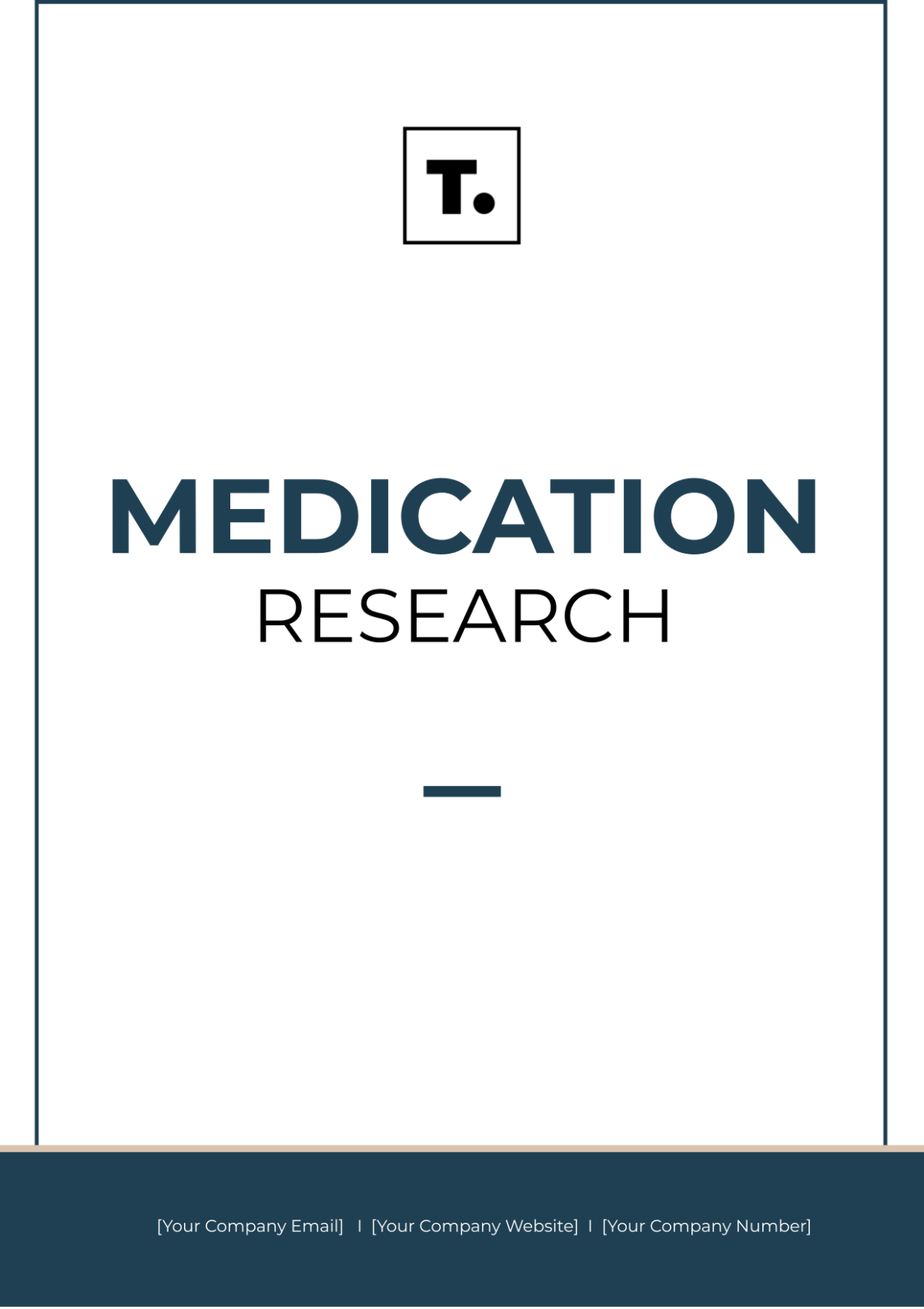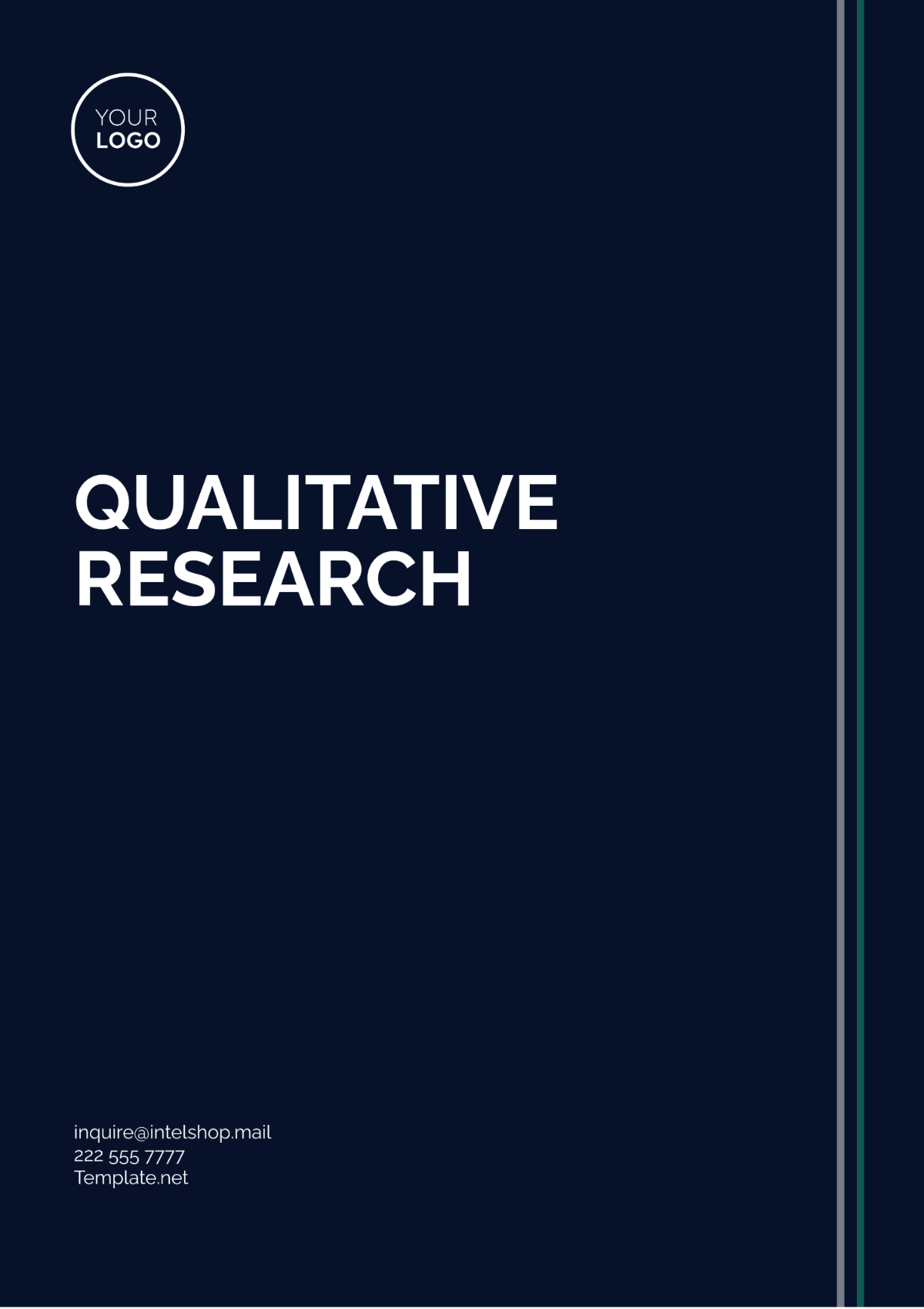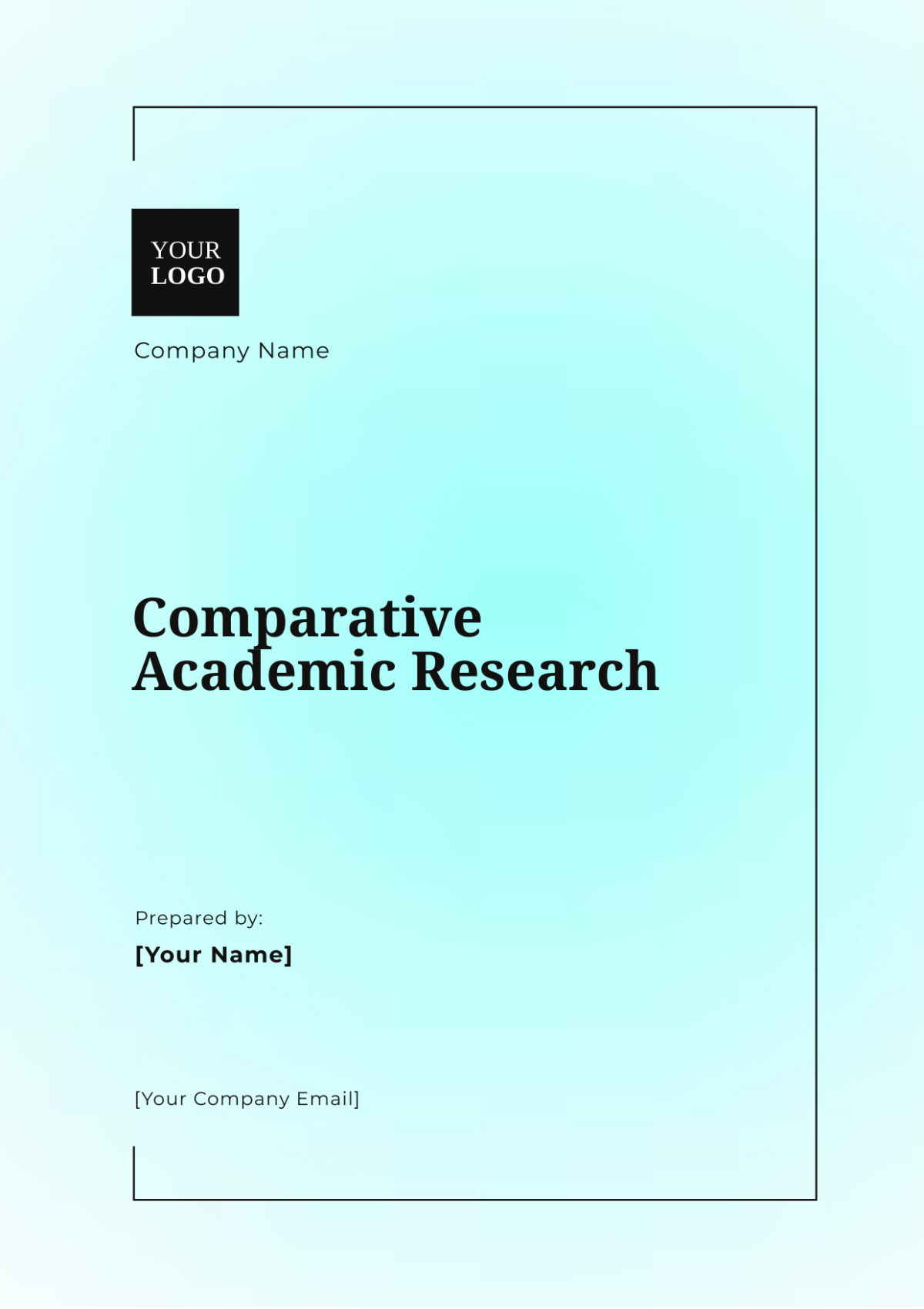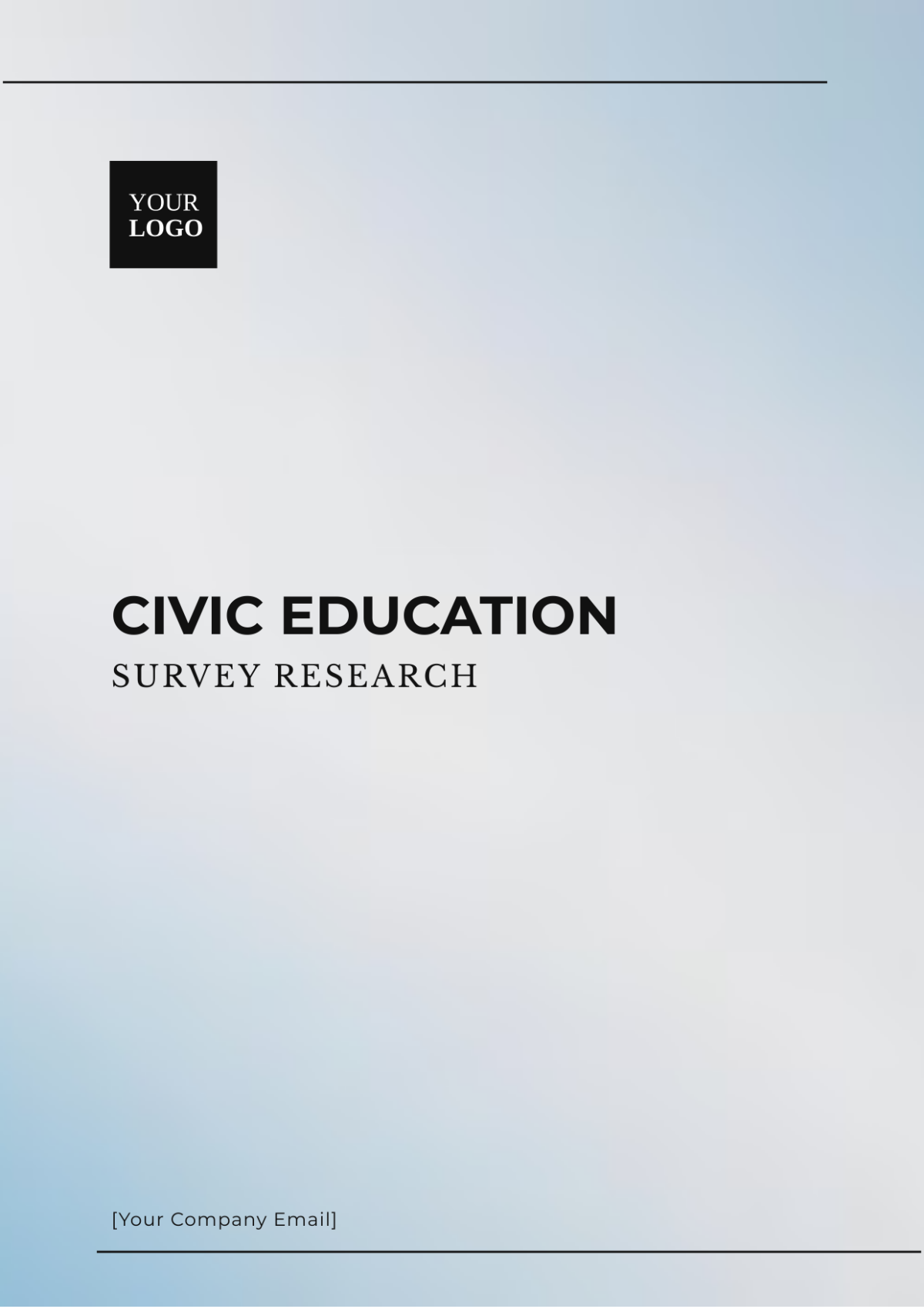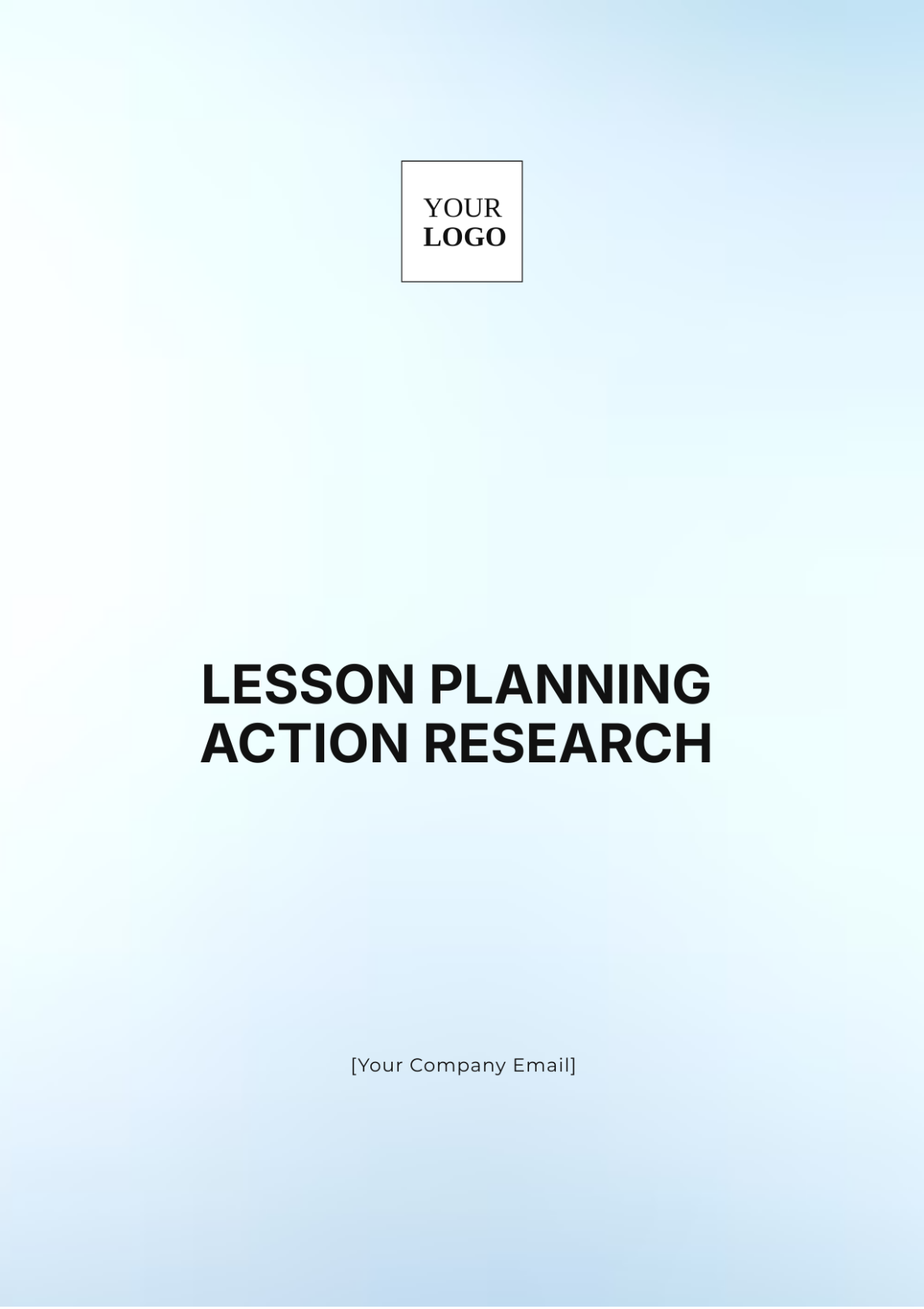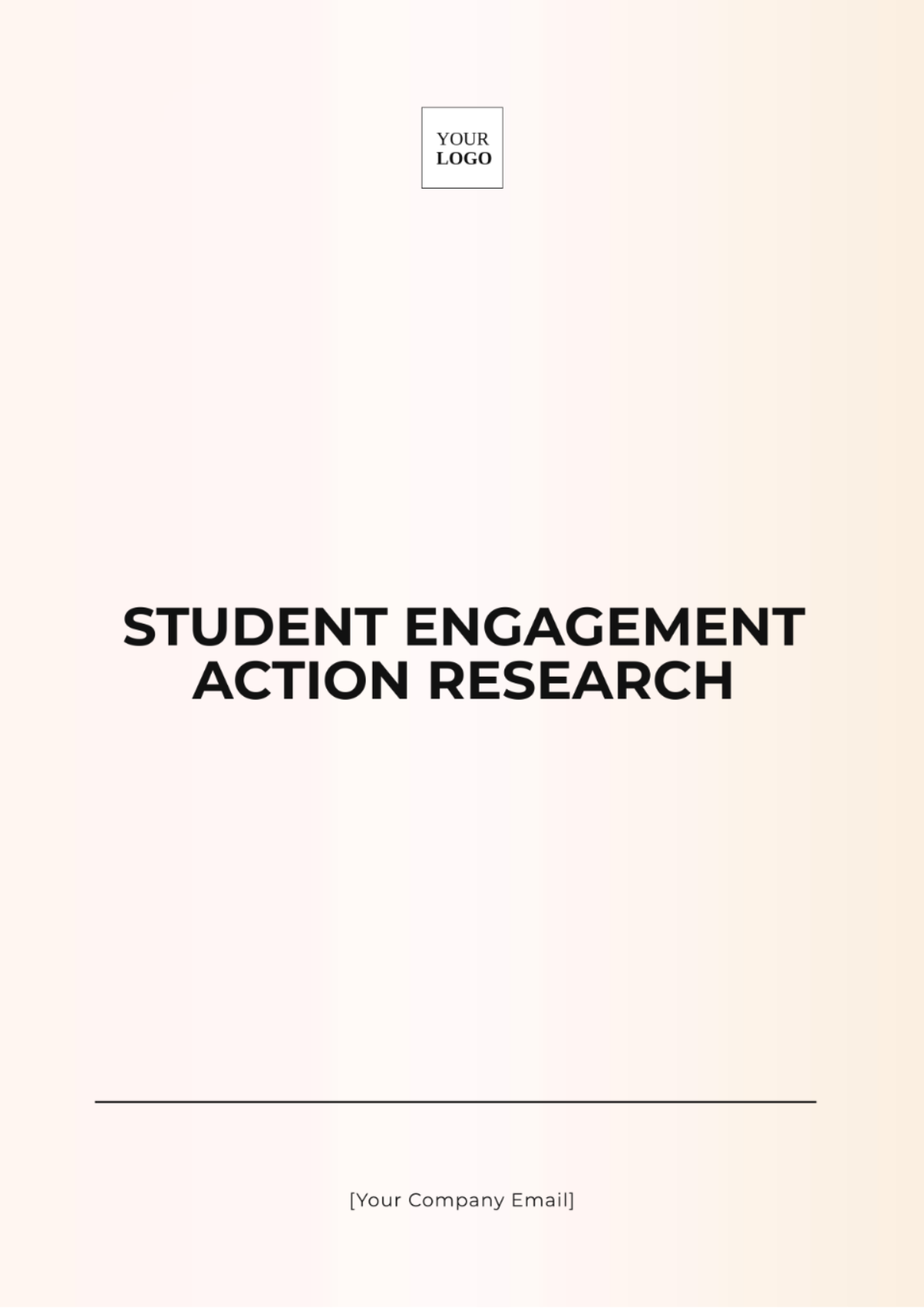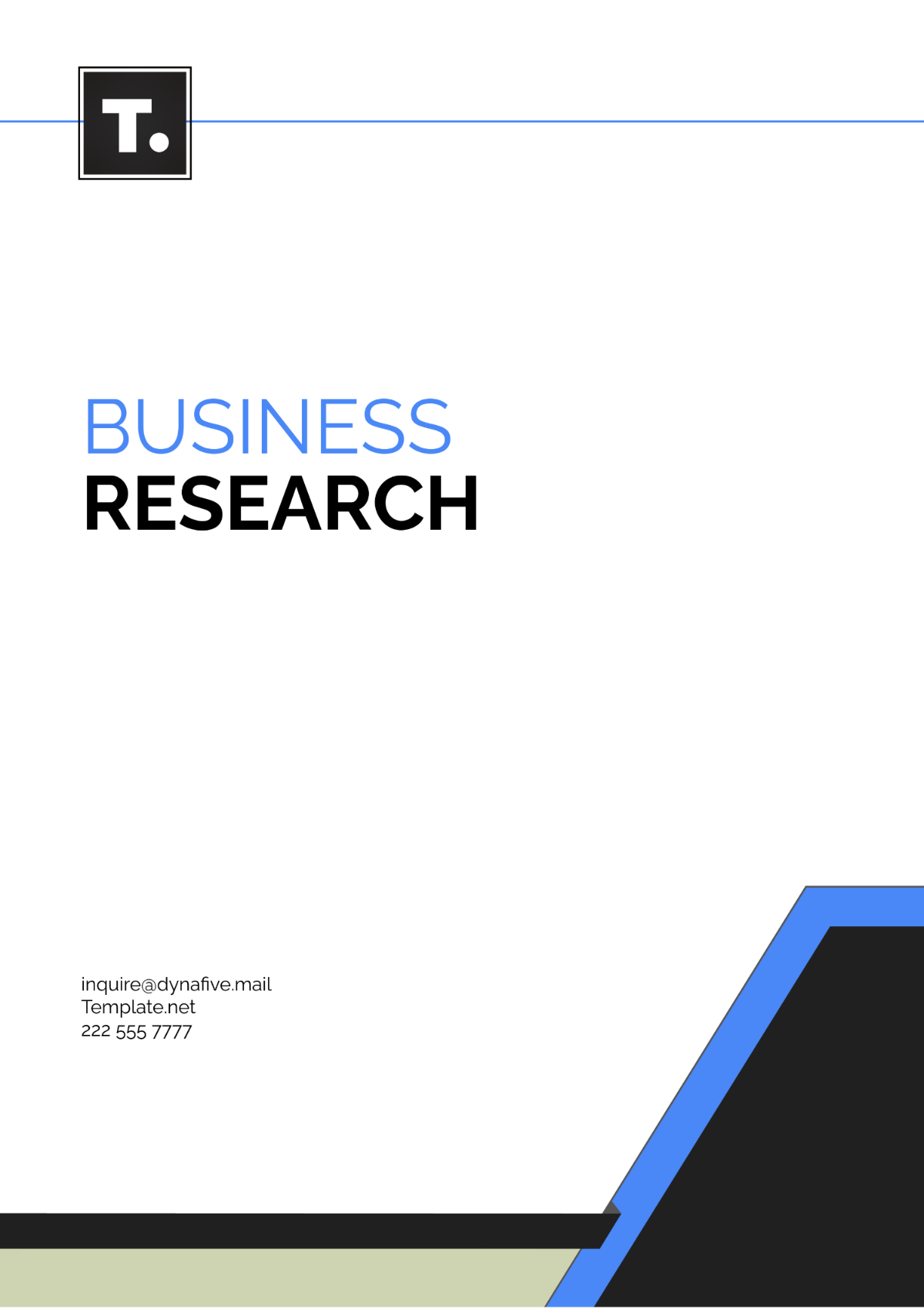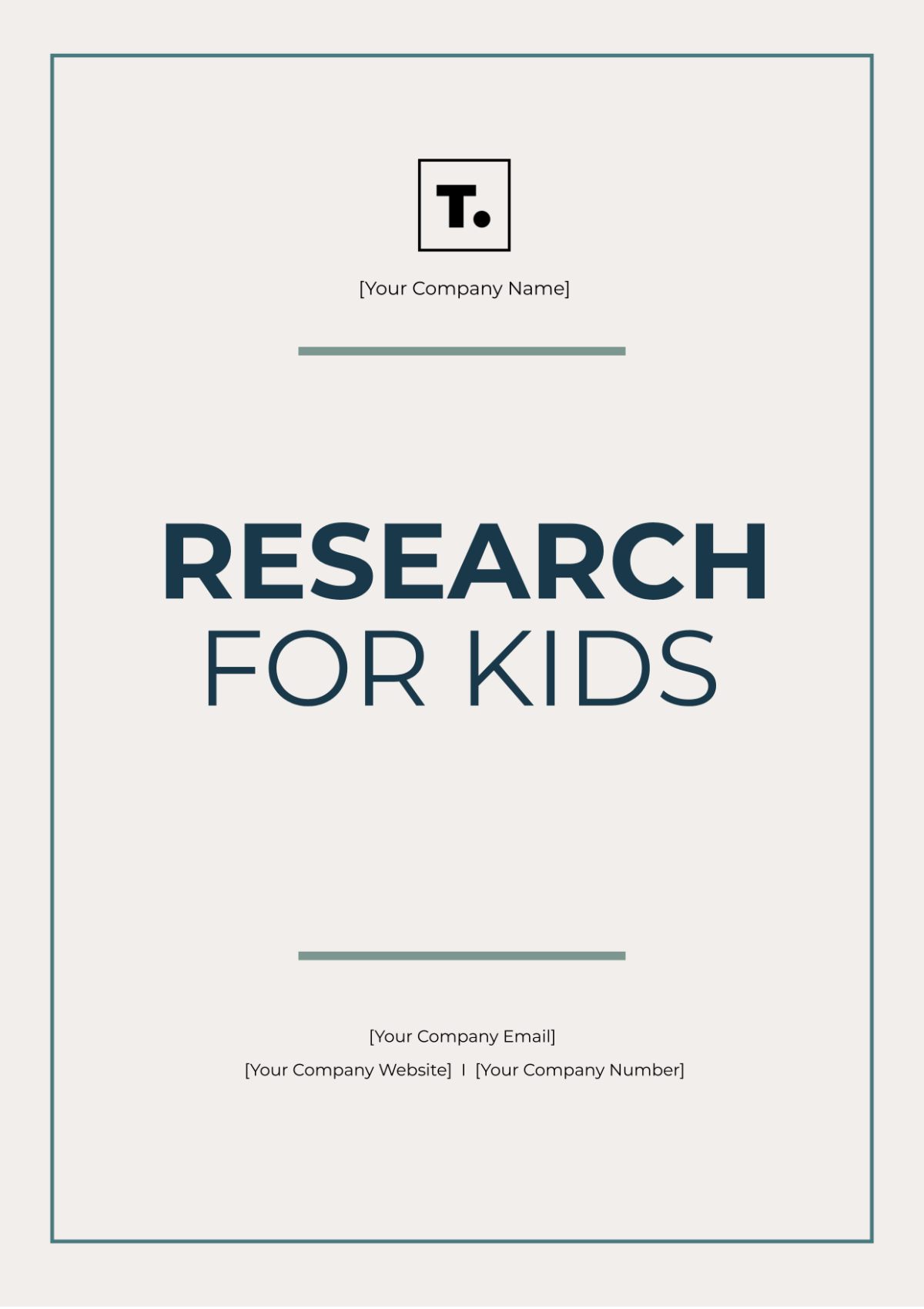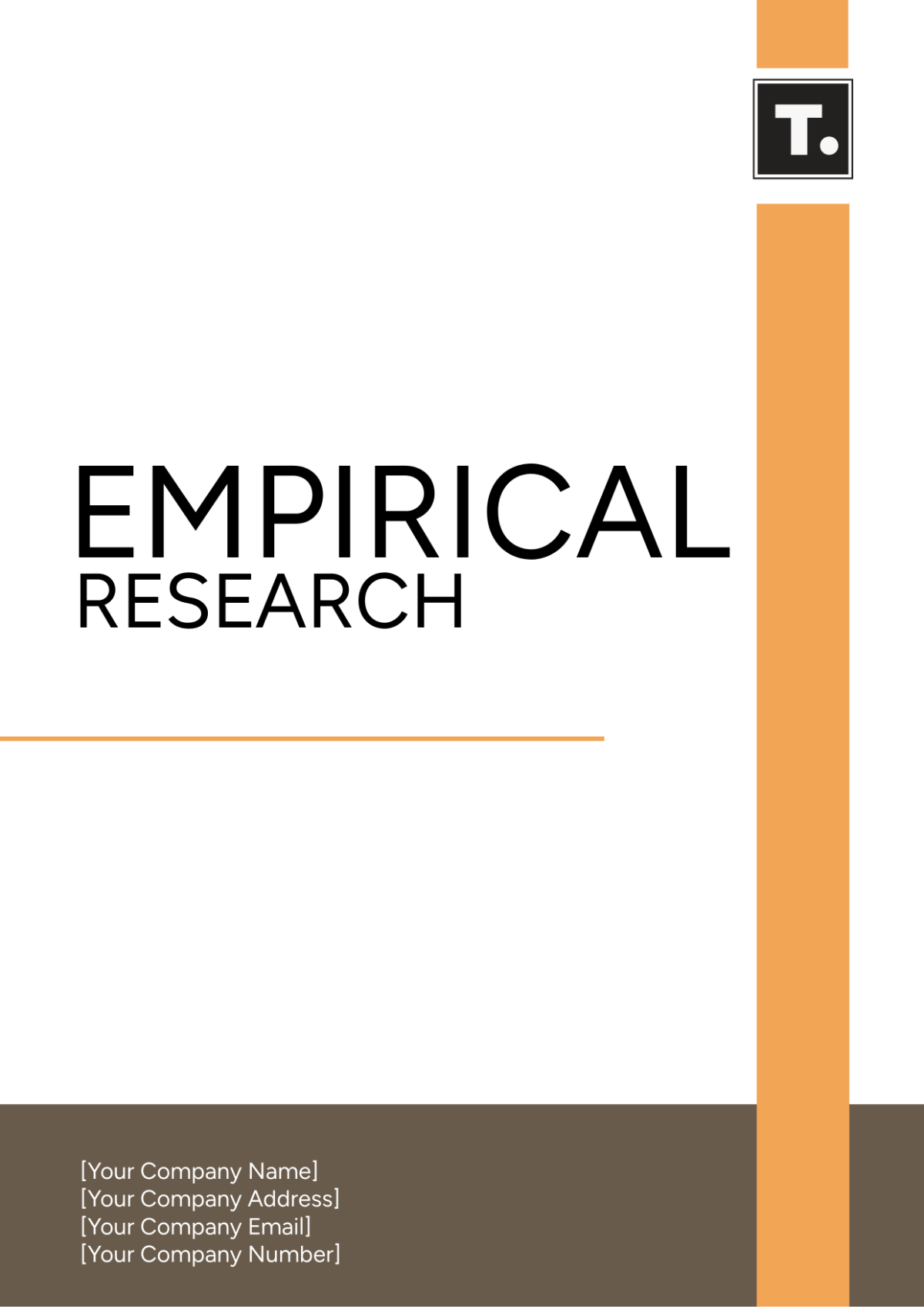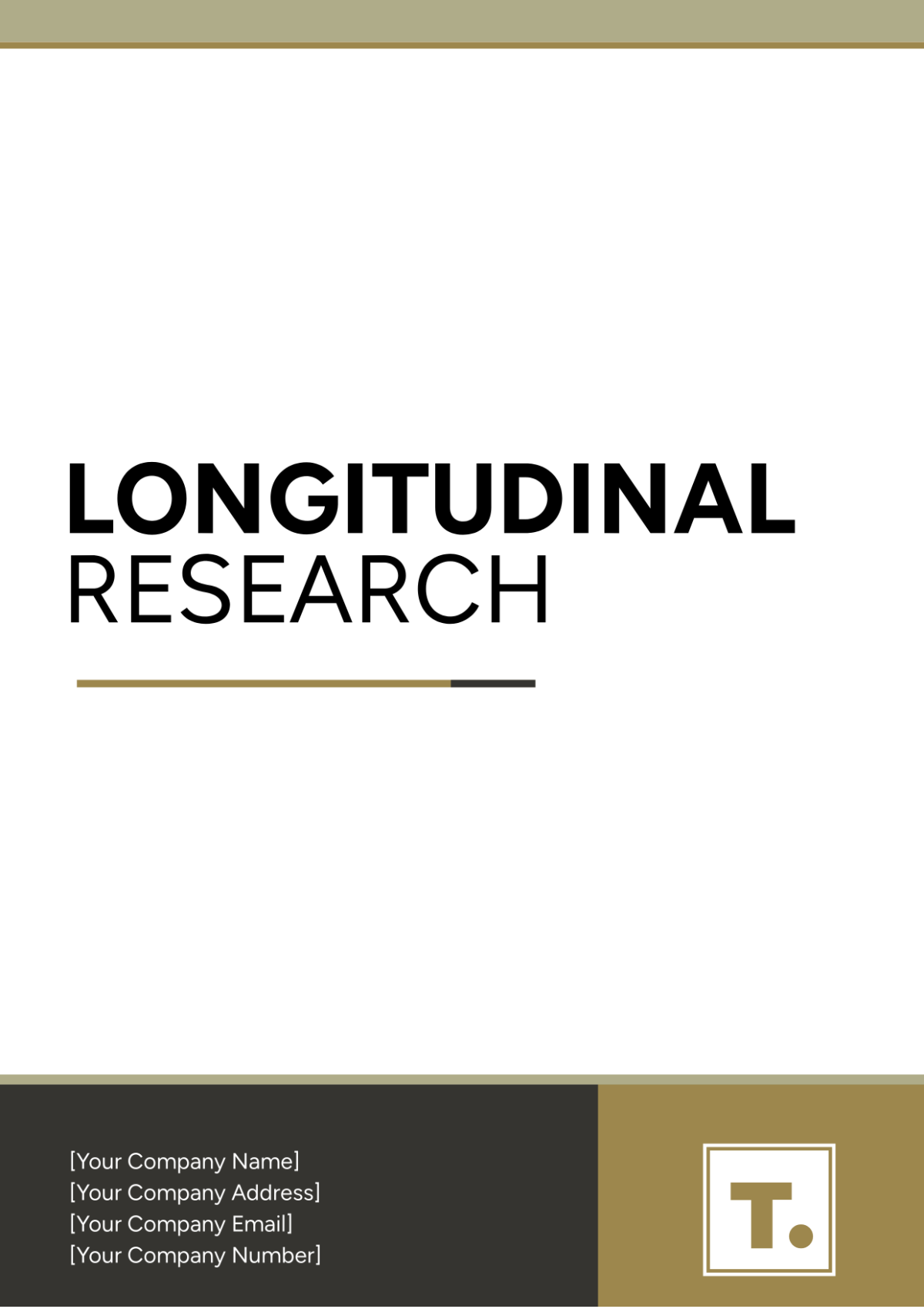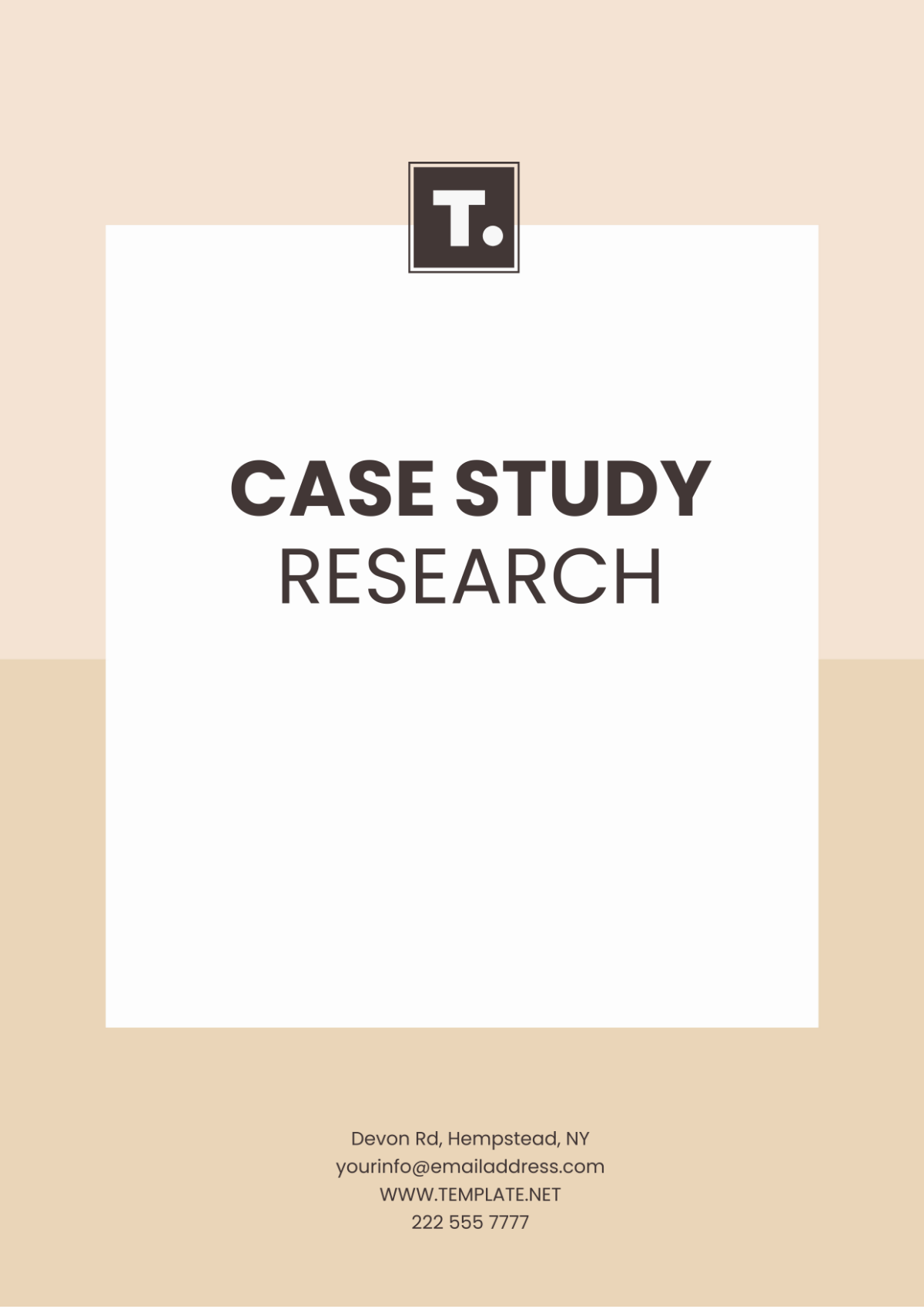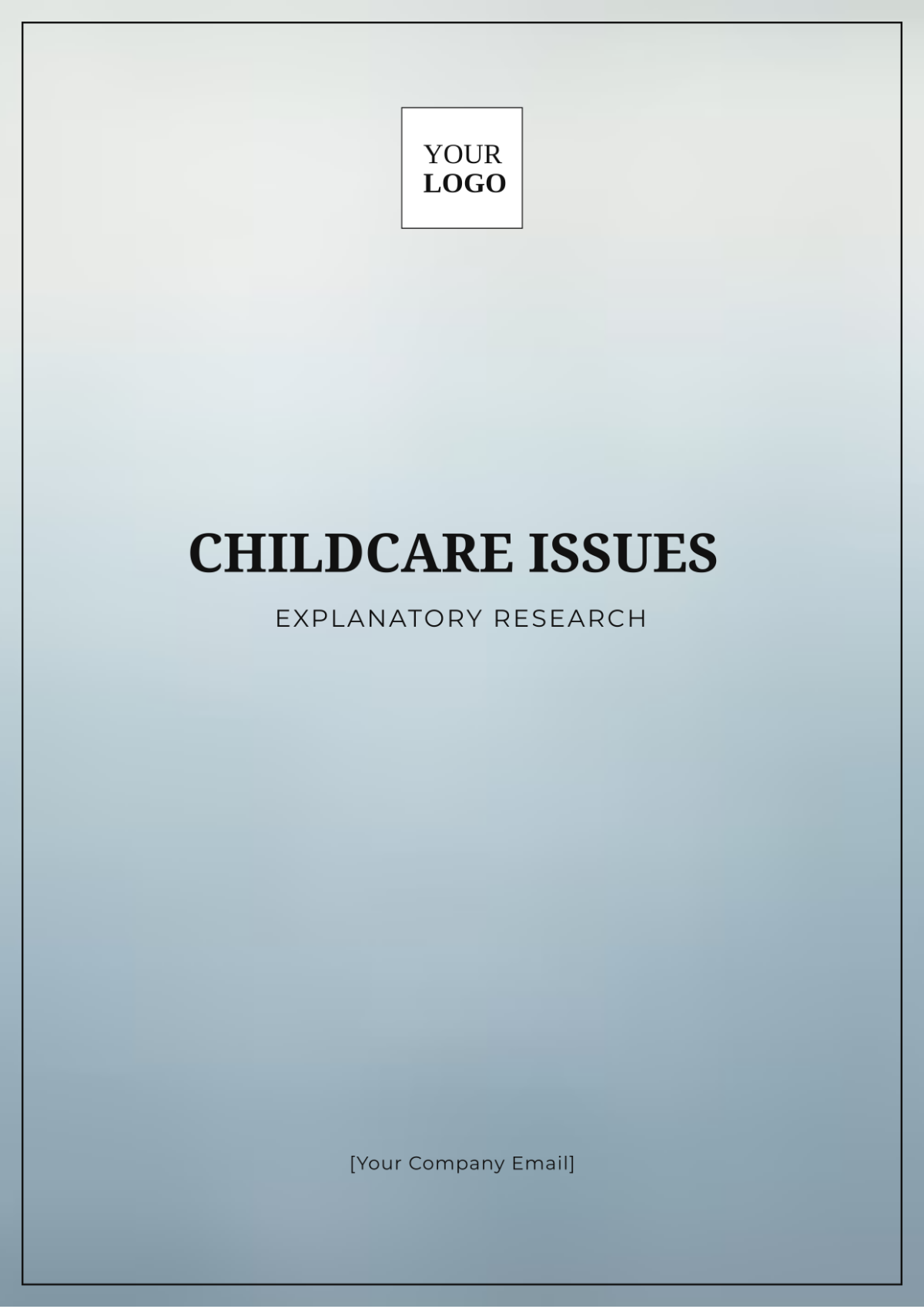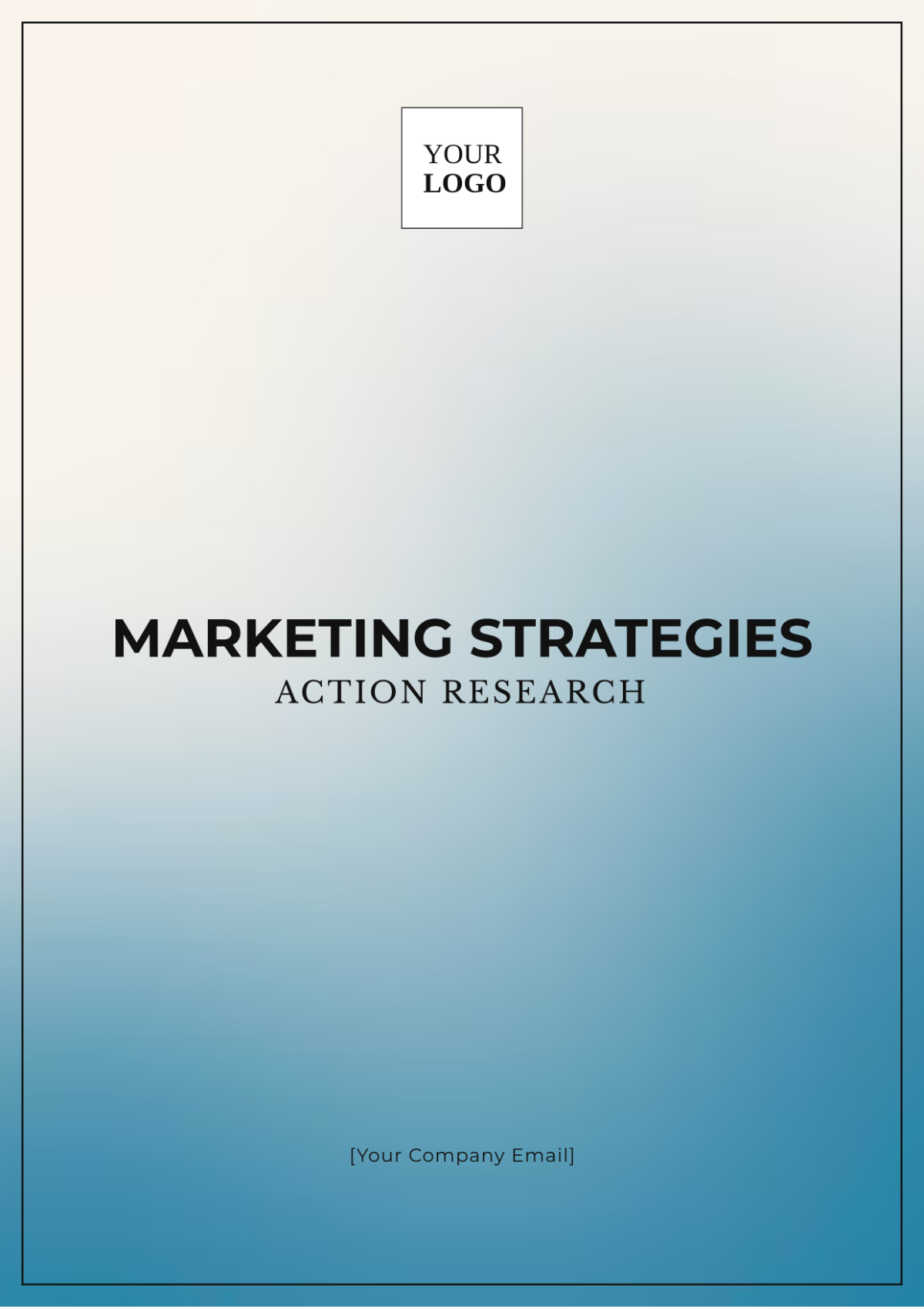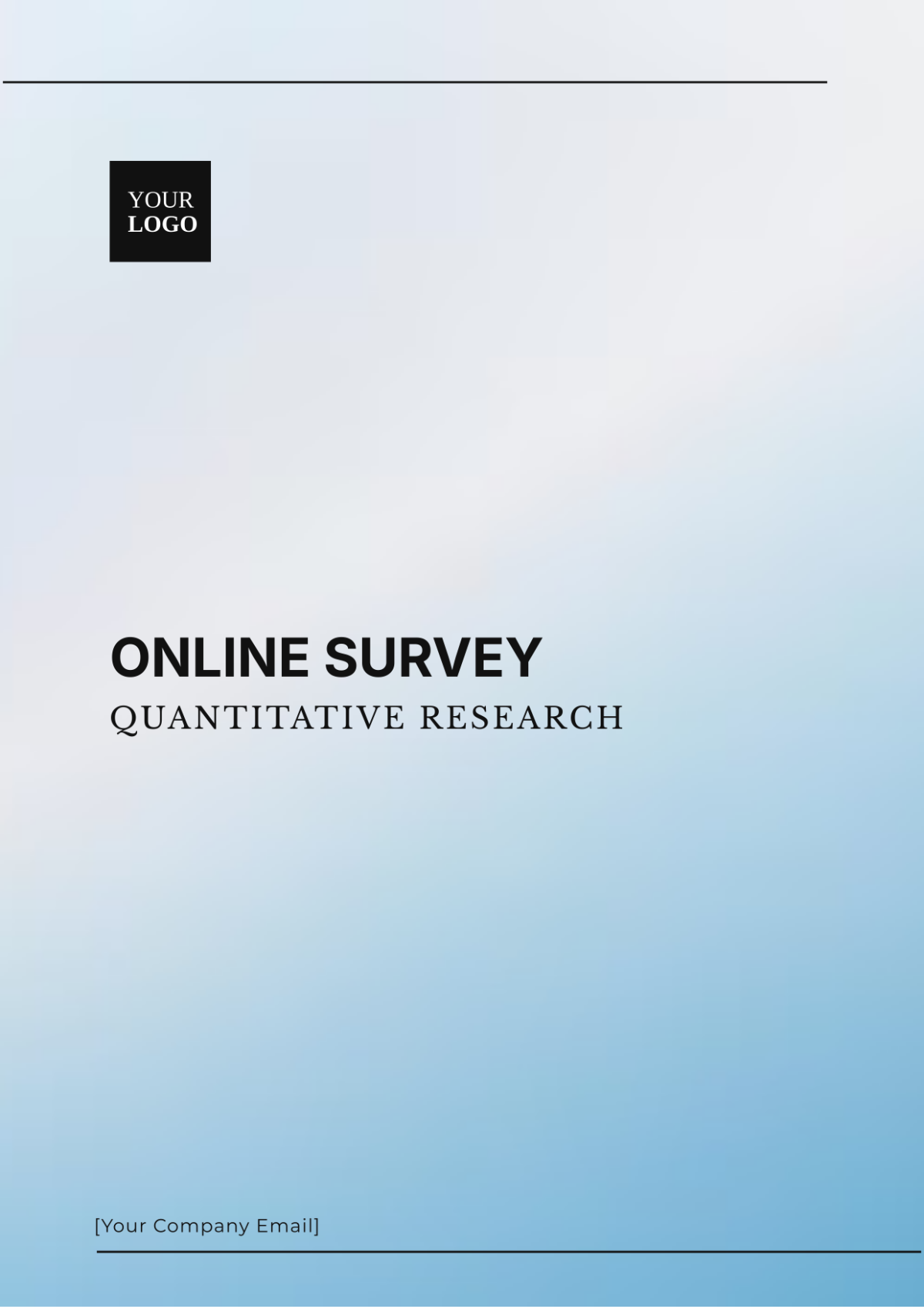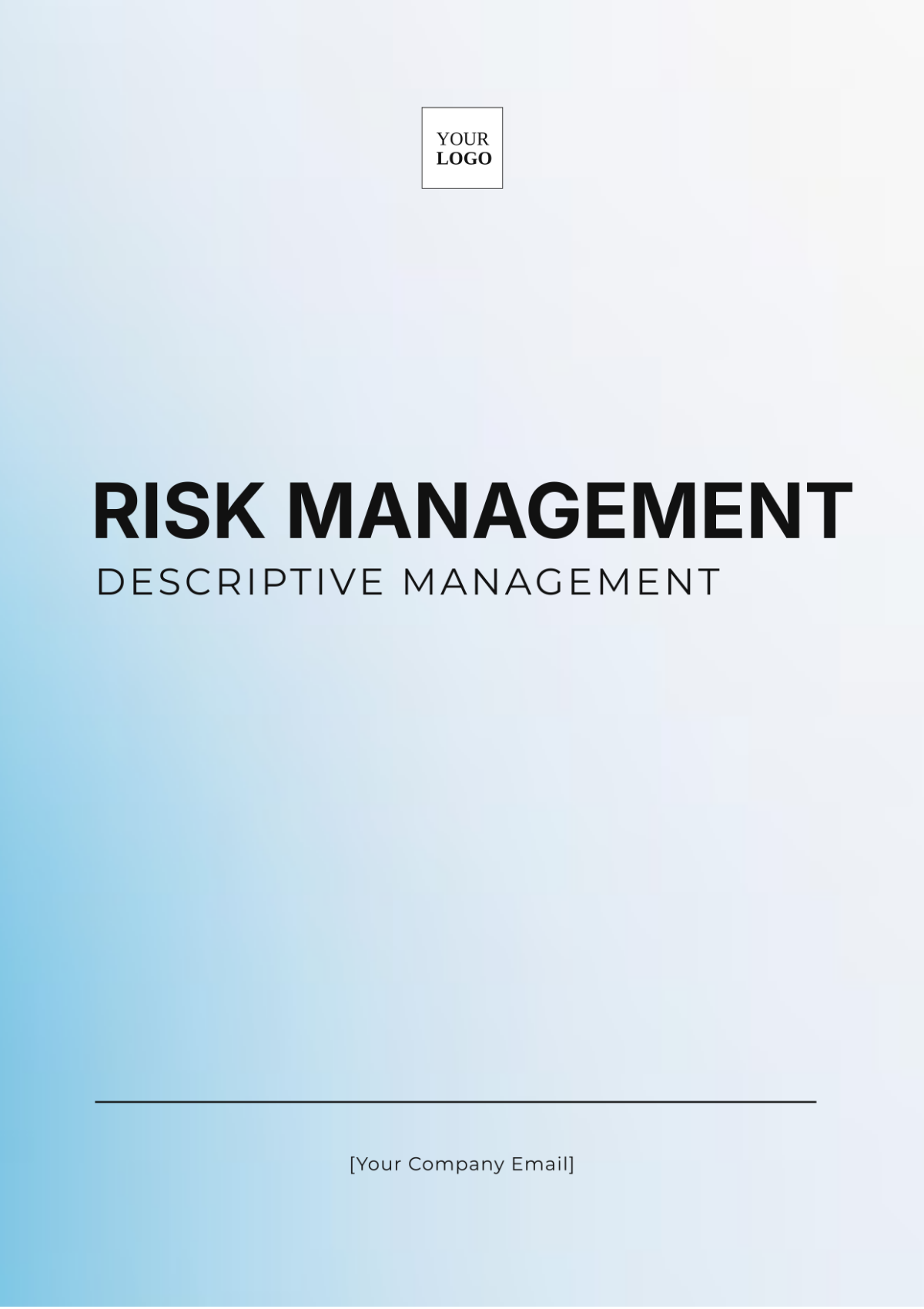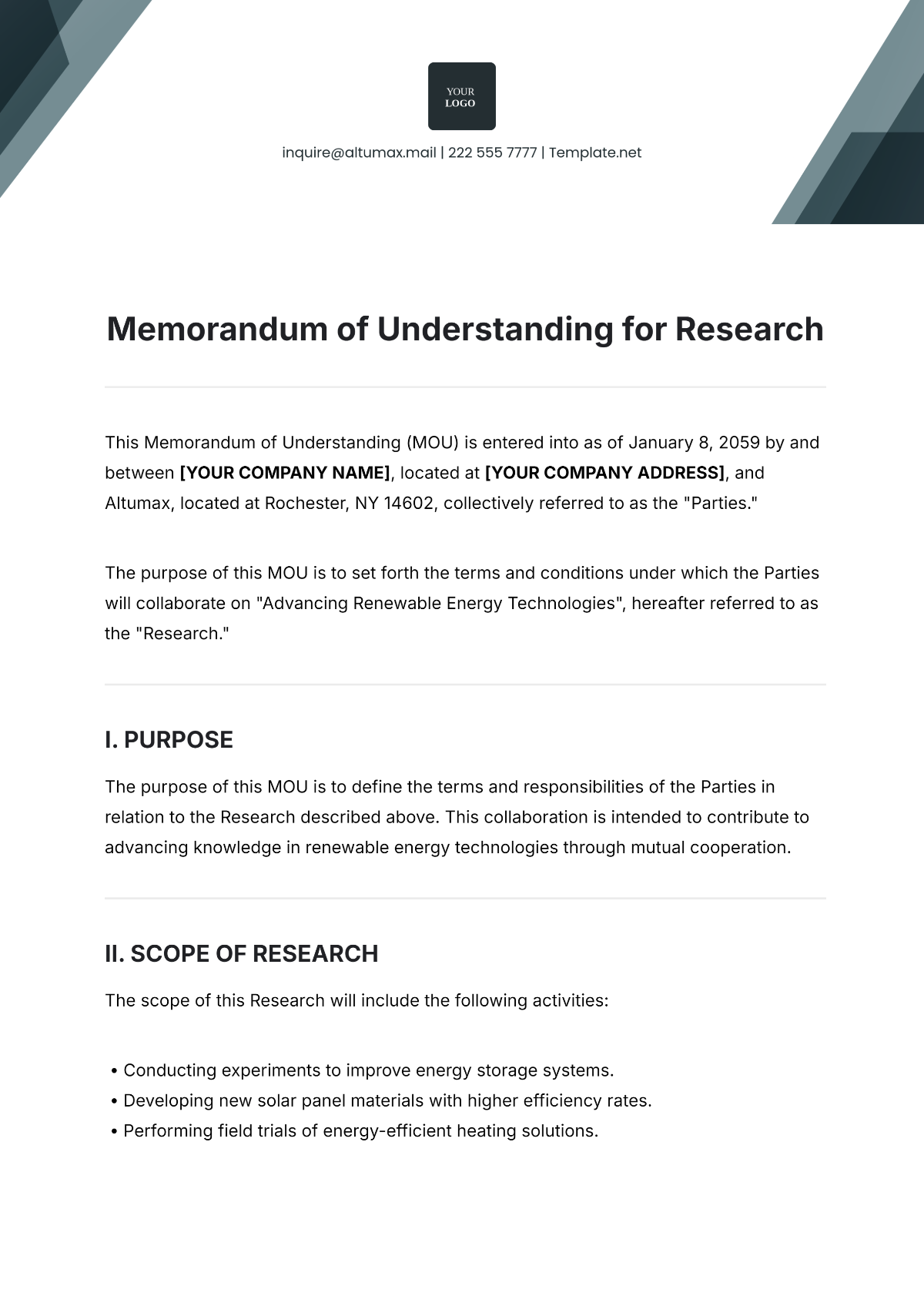Critical Thinking Action Research
Researcher: [Your Name]
Date: [Date]
I. Introduction
A Critical Thinking Action Research is a systematic investigation conducted by educators, researchers, or professionals aimed at improving practices, solving problems, or understanding complex issues. It focuses on enhancing critical thinking skills by actively involving participants in the process of inquiry, reflection, and action to bring about positive change. This research aims to explore methods and strategies that can be utilized to foster critical thinking abilities among students, educators, and professionals, thereby enhancing overall educational and occupational outcomes.
II. Methodology
The methodology for this research involves a mixed-methods approach incorporating both qualitative and quantitative data collection and analysis techniques. The research is conducted over a period of six months and involves the following steps:
Literature Review: A comprehensive review of existing literature on critical thinking and action research to identify effective strategies and frameworks.
Participant Selection: Selection of a diverse group of participants including educators, students, and professionals from various fields.
Data Collection: Use of surveys, interviews, and focus groups to gather data on current practices, challenges, and perceptions related to critical thinking.
Implementation: Design and implementation of interventions aimed at enhancing critical thinking skills.
Data Analysis: Analysis of collected data using statistical tools and thematic analysis to identify patterns and draw conclusions.
III. Findings/Results
The findings from this research are presented in two sections: quantitative results from survey data and qualitative insights from interviews and focus groups.
III.I Quantitative Results
Intervention | Pre-Intervention Score | Post-Intervention Score | Impact |
|---|---|---|---|
Critical Thinking Workshops | 65% | 85% | +20% |
Problem-Based Learning | 70% | 88% | +18% |
Reflection Journals | 60% | 80% | +20% |
III.II Qualitative Insights
Key themes identified from qualitative data include increased awareness of critical thinking processes, improved ability to analyze and evaluate information, and greater confidence in problem-solving. Participants highlighted the importance of a supportive learning environment and the need for continuous practice and feedback.
IV. Discussion
The results indicate that the implemented interventions had a significant positive impact on participants' critical thinking skills. The workshops and problem-based learning approaches were particularly effective, as evidenced by the substantial improvements in post-intervention scores. These findings suggest that engaging and interactive methods are crucial in developing critical thinking abilities. The qualitative insights further reinforce the importance of a supportive and reflective learning environment.
However, the research also identified several challenges, such as time constraints and varying levels of participant engagement. Addressing these challenges requires a flexible and adaptive approach to implementation, as well as ongoing support and resources for participants.
V. Conclusion
This action research demonstrates that targeted interventions can significantly enhance critical thinking skills among diverse groups of participants. By actively involving participants in the process of inquiry, reflection, and action, it is possible to foster a culture of critical thinking that leads to improved problem-solving and decision-making capabilities. Future research, particularly beyond 2050, should explore long-term impacts and scalability of these interventions, as well as their applicability in different contexts.
VI. References
Brookfield, S. D. (2052). Teaching for Critical Thinking: Tools and Techniques to Help Students Question Their Assumptions. Jossey-Bass.
Savery, J. R. (2050). Overview of Problem-based Learning: Definitions and Distinctions. The Interdisciplinary Journal of Problem-Based Learning, 1(1), 9-20.
Yin, R. K. (2051). Case Study Research: Design and Methods (5th ed.). Sage Publications.
VII. Appendices
Appendix A: Survey Questionnaire
How often do you engage in activities that require critical thinking? (Never, Rarely, Sometimes, Often, Always)
How confident are you in your ability to analyze and evaluate information? (Not confident, Slightly confident, Moderately confident, Very confident, Extremely confident)
Describe an experience where critical thinking helped you solve a complex problem.
Appendix B: Interview Guide
Can you share your thoughts on the importance of critical thinking in your field?
What challenges do you face in developing and applying critical thinking skills?
How can institutions better support critical thinking development?


